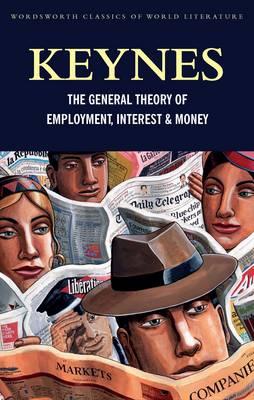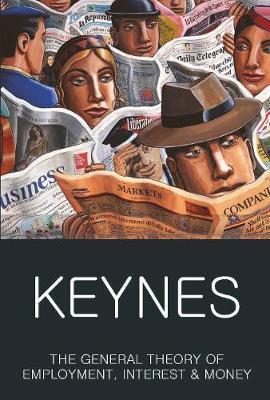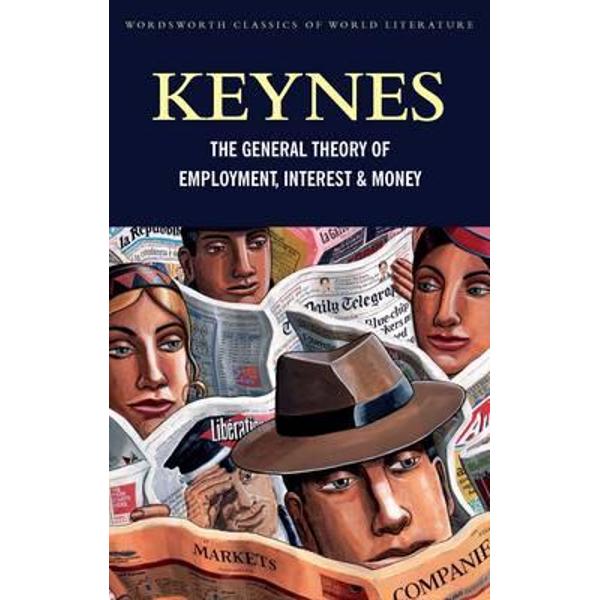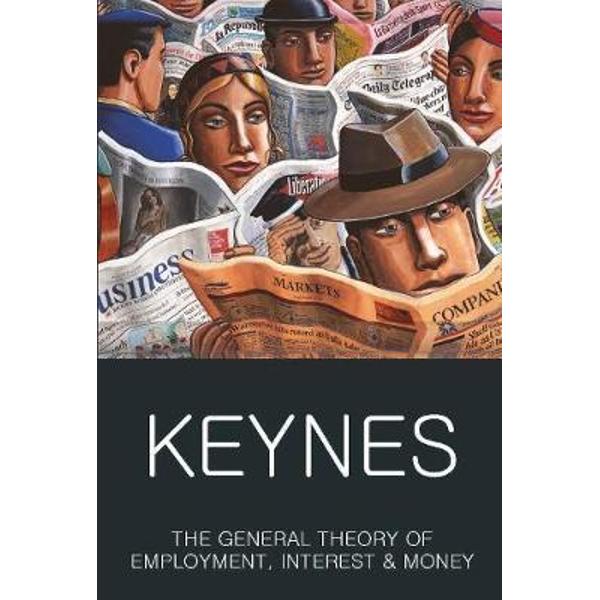General Theory of Employment, Interest and Money
General Theory of Employment, Interest and Money
thinker of the twentieth century. On economic theory, he ranks with Adam
Smith and Karl Marx; and his impact on how economics was practiced,
from the Great Depression to the 1970s, was unmatched.
The General Theory of Employment, Interest and Money was
first published in 1936. But its ideas had been forming for decades as
a student at Cambridge, Keynes had written to a friend of his love for
'Free Trade and free thought'. Keynes's limpid style, concise prose, and
vivid descriptions have helped to keep his ideas alive - as have the
novelty and clarity, at times even the ambiguity, of his macroeconomic
vision. He was troubled, above all, by high unemployment rates and large
disparities in wealth and income. Only by curbing both, he thought,
could individualism, `the most powerful instrument to better the
future', be safeguarded. The twenty-first century may yet prove him
right.
In The Economic Consequences of the Peace (1919), Keynes elegantly and acutely exposes the folly of imposing austerity on a defeated and struggling nation.
PRP: 35.93 Lei
Acesta este Prețul Recomandat de Producător. Prețul de vânzare al produsului este afișat mai jos.
32.34Lei
32.34Lei
35.93 LeiLivrare in 2-4 saptamani
Descrierea produsului
thinker of the twentieth century. On economic theory, he ranks with Adam
Smith and Karl Marx; and his impact on how economics was practiced,
from the Great Depression to the 1970s, was unmatched.
The General Theory of Employment, Interest and Money was
first published in 1936. But its ideas had been forming for decades as
a student at Cambridge, Keynes had written to a friend of his love for
'Free Trade and free thought'. Keynes's limpid style, concise prose, and
vivid descriptions have helped to keep his ideas alive - as have the
novelty and clarity, at times even the ambiguity, of his macroeconomic
vision. He was troubled, above all, by high unemployment rates and large
disparities in wealth and income. Only by curbing both, he thought,
could individualism, `the most powerful instrument to better the
future', be safeguarded. The twenty-first century may yet prove him
right.
In The Economic Consequences of the Peace (1919), Keynes elegantly and acutely exposes the folly of imposing austerity on a defeated and struggling nation.
Detaliile produsului














